The 6ias Organising Committee is pleased to announce the Keynote and Invited Speakers for each of the symposium themes.
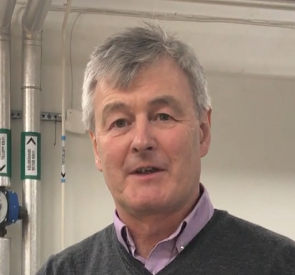
Dr Martin Whitehouse is professor at the Swedish Museum of Natural History, Stockholm, where he also manages the large-geometry SIMS facility NordSIMS. His principle research interests are in the application of microanalysis by SIMS to the study of early planetary evolution and geochronology applied to tectonic processes throughout geological time, with a particular emphasis on development of Earth’s earliest continental crust in the Hadean and Archean
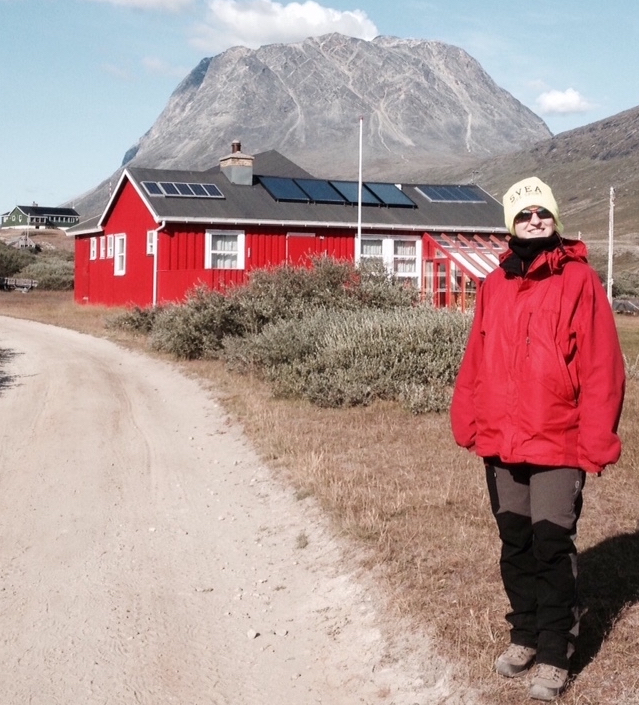
Dr Monika A. Kusiak is a Professor in the Department of Polar and Marine Sciences at the Institute of Geophysics, Polish Academy of Sciences, in Warsaw. Her current investigations focus on applying a variety of isotopic techniques to zircon and monazite grains from ancient rocks, mostly obtained from polar regions, in order to understand the behavior of elements at the nano- as well as the micro-scale. She is particularly interested in early Earth processes.
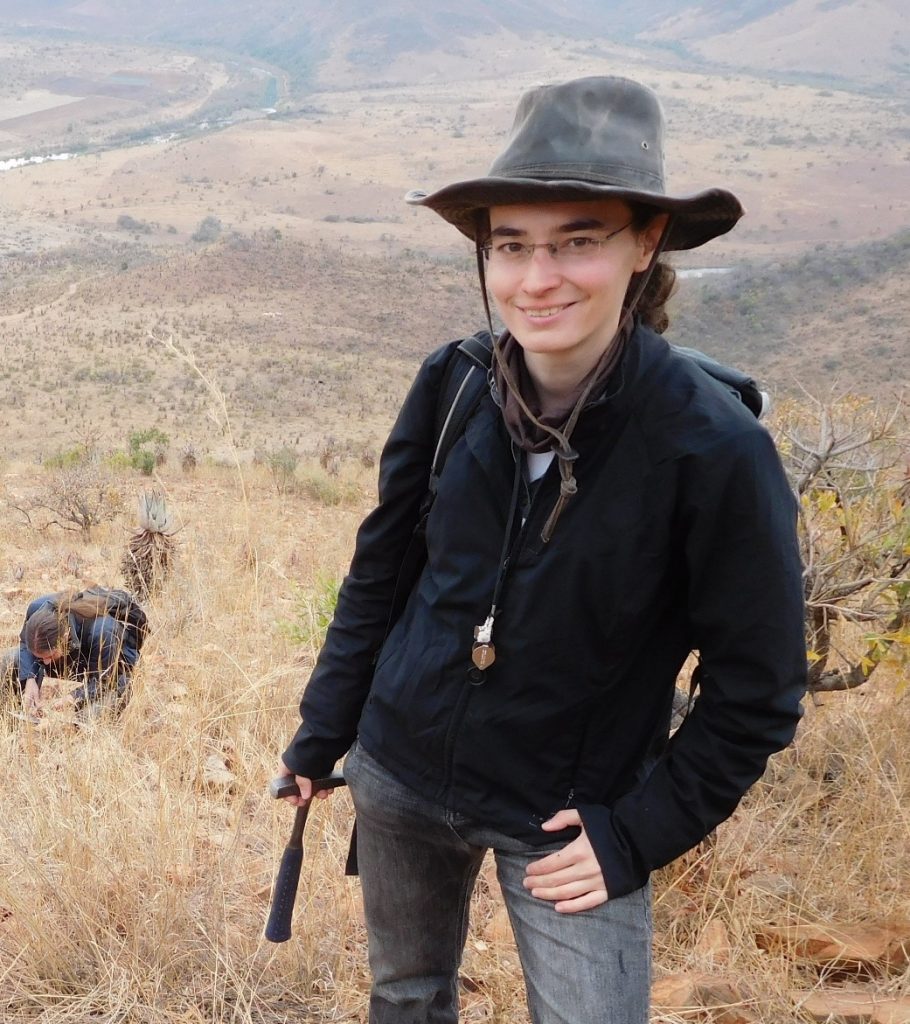
Dr Eva Stüeken obtained her BSc at Jacobs University, Bremen, in 2007 and her PhD at the University of Washington, Seattle, in 2014. She then worked as a postdoctoral researcher at the University of California, Riverside, before joining the University of St Andrews in 2017, where she set up a stable isotope laboratory. Her research focuses on the origin and early evolution of life and environments on Earth and implications for the habitability of other planets.
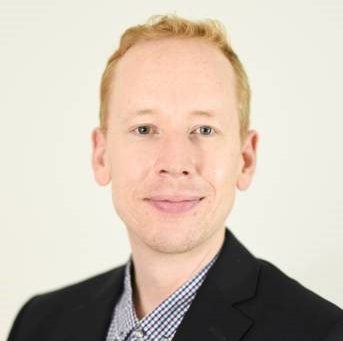
Dr Raphael Baumgartner is a researcher at the University of New South Wales, Sydney. He dedicates his research to the record of ancient life on Earth, especially fossilized stromatolites of the early Archean. His work is characterized by innovative combinations of various high-resolution and high-precision analytical techniques in the search for ancient life traces, as well as in reconstructing Earth’s earliest habitats.
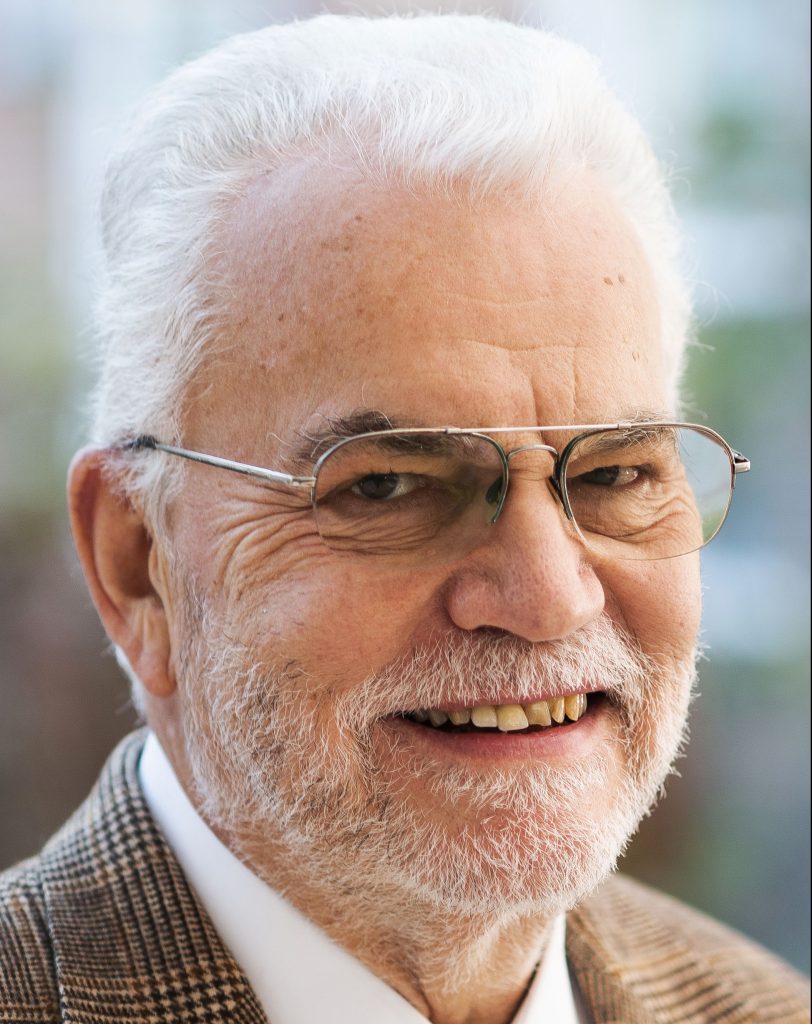
Professor Michael Brown is a Professor of Geology at the University of Maryland. His research has involved the petrogenesis of high/ultrahigh temperature and high/ultrahigh pressure metamorphism, and understanding the tectonics of metamorphic belts and secular change in metamorphism. This work has contributed to unravelling the emergence and evolution of plate tectonics on Earth.
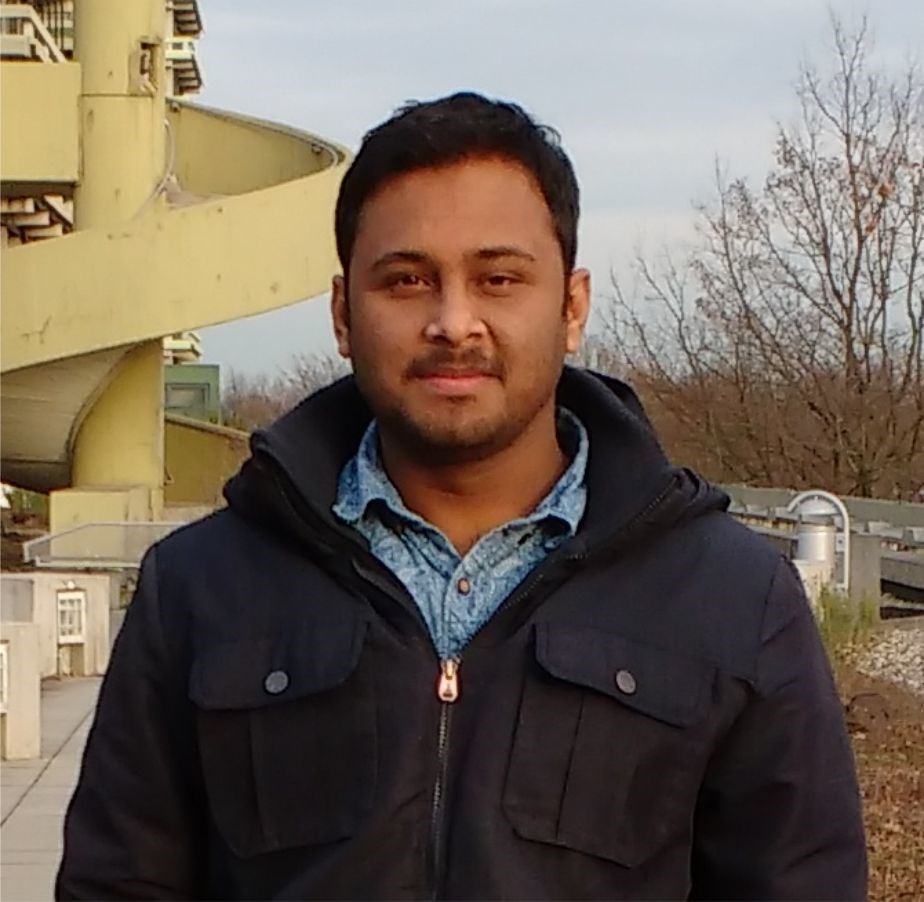
Dr Priyadarshi Chowdhury is an Assistant Professor in Earth and Planetary Sciences at the National Institute of Science Education and Research (NISER), India. He got his PhD degree from Ruhr University Bochum, Germany and then worked at Monash University, Australia as a postdoctoral researcher. He works on Archean crustal evolution and geodynamics using a mix of numerical modelling and petrology. His current work includes understanding the nature and timescales of late Archean tectonic processes and tying them with the rock record.
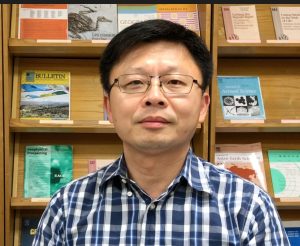
Dr Kuo-Lung Wang is an Associate Research Fellow at Institute of Earth Sciences, Academia Sinica in Taipei, Taiwan and joint appointment Associate Professor at Department of Geosciences, National Taiwan University in Taipei, Taiwan. He graduated from Department of Geosciences, National Taiwan University with an B.Sc. in geology (1992) and a Ph.D. in 2000. He was a Postdoctoral Fellow at the GEMOC Key Centre, Macquarie University in Sydney, Australia from 2001 to 2005. His research interests focus on geochemistry of mantle rocks especially platinum group elements (PGEs) compositions and Os isotope ratios of sulfides in peridotitic xenoliths and ophiolitic peridotites from central Mongolia, peri-Lake Baikal in Russian Siberia, Russian Far East (Central Asia Orogenic Belt) and southern Ethiopia (Arabian-Nubian Shield) to characterize ancient subcontinental lithospheric mantle and their geochemical evolution.
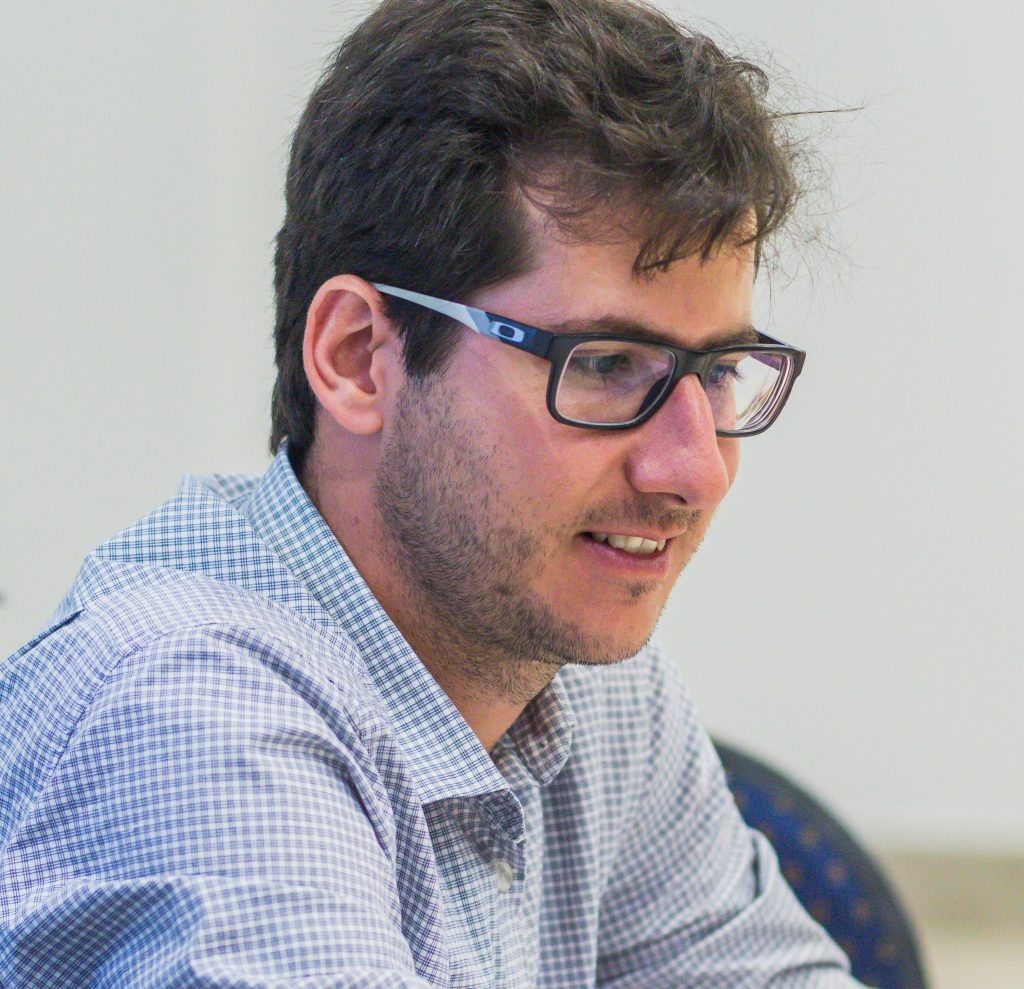
Dr Joao Gabriel Motta holds a bachelor’s degree in Geology (UNESP, Brazil, 2011), Master’s degree in Geosciences and Environment (UNESP – Brazil, 2015) and Doctorate in Geosciences (UNICAMP – Brazil, 2020), the later including research internships in Italy (University of Trieste) and Australia (Monash University). After an early career in metals exploration Joao steered to research. His research focused on developing indirect proxies for crustal architecture from geophysics and progressed our understanding on how it affects the regional distribution of base- and precious metals systems. He currently works on developing machine intelligence workflows for effective regional exploration.
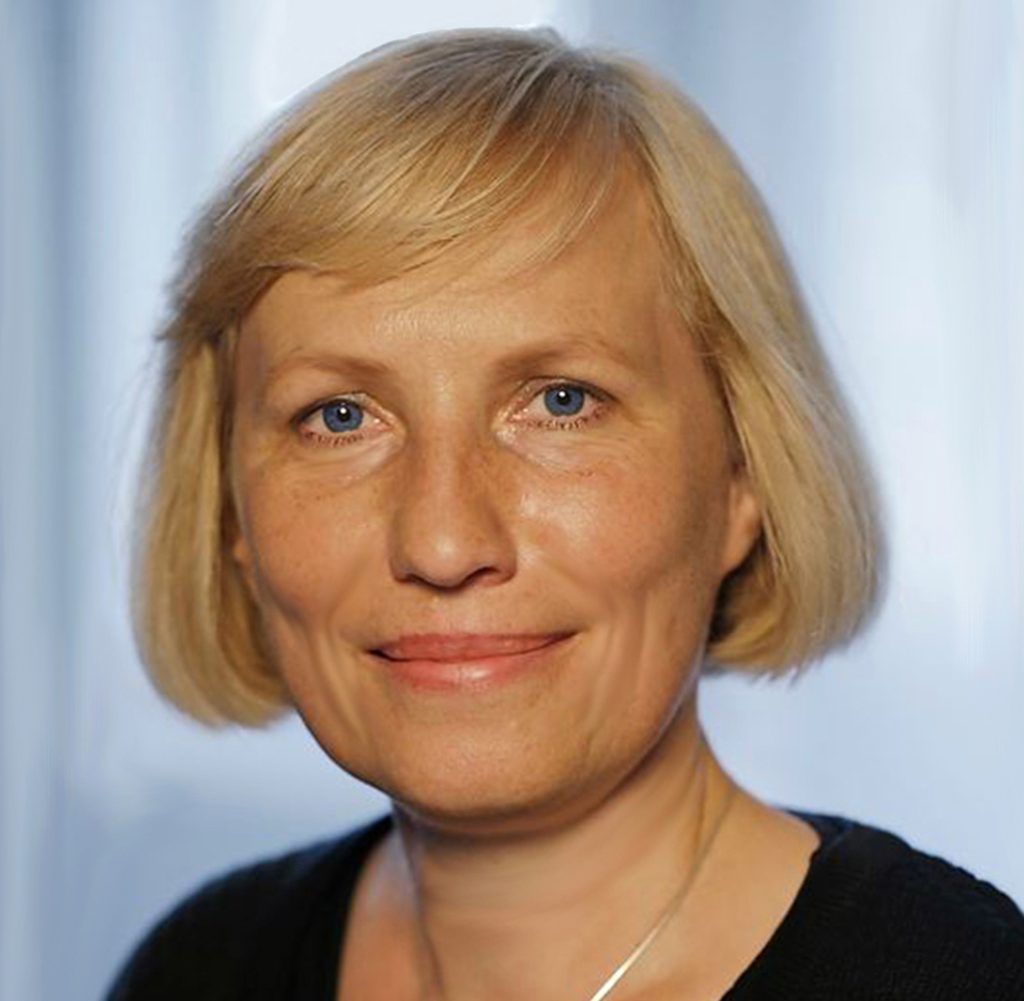
Distinguished Professor Irina Artemieva is based at the SinoProbe National Lab and China University of Geosciences in Wuhan China, serving also as a visiting professor at GEOMAR Helmholtz-Center for Ocean Research, Kiel, Germany. Professor Artemieva completed her PhD in Geophysics at the Institue of Physics of the Earth, Moscow, USSR, with subsequent research positions and professorships around Europe and the Unites States.
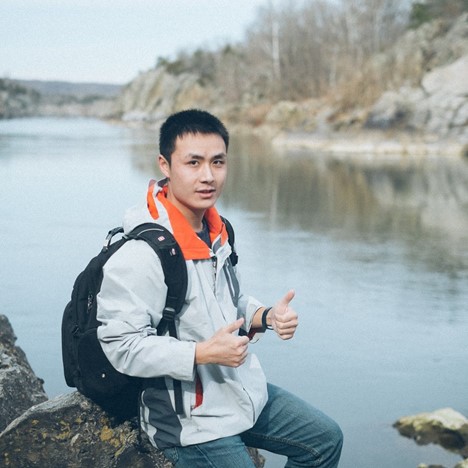
Dr Ming Tang is an assistant professor in the School of Earth and Space Sciences of Peking University. Ming earned his Ph.D. degree in 2016 at the University of Maryland. Between 2016-2019, Ming worked at Rice University as a post-doc fellow. Ming uses geochemical approaches to study a variety of geologic problems related with Earth’s continents. He is particularly interested in the evolution of early continental crust, redox evolution of magmatic systems, and mountain building history.
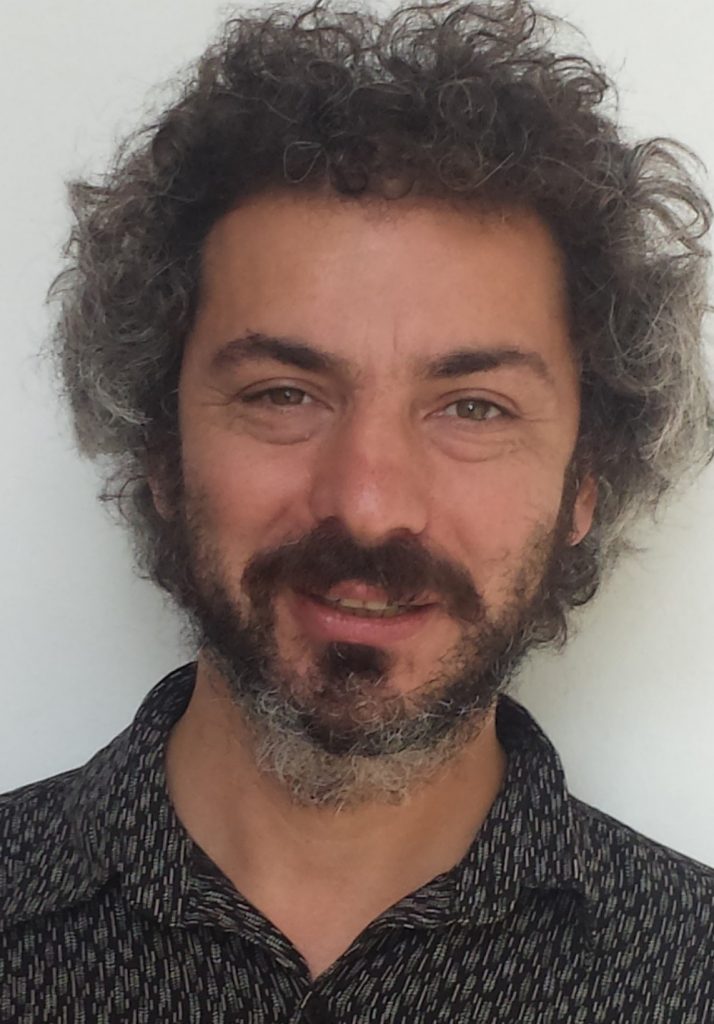
Dr Andrey Bekker is an Associate Professor at the University of California, Riverside and worked over the last 25+ years on the Archean-Proterozoic transition including the rise of atmospheric oxygen, assembly and emergence of large landmasses, emplacement of Large Igneous Provinces, climatic changes, and the evolution in seawater and atmosphere composition.
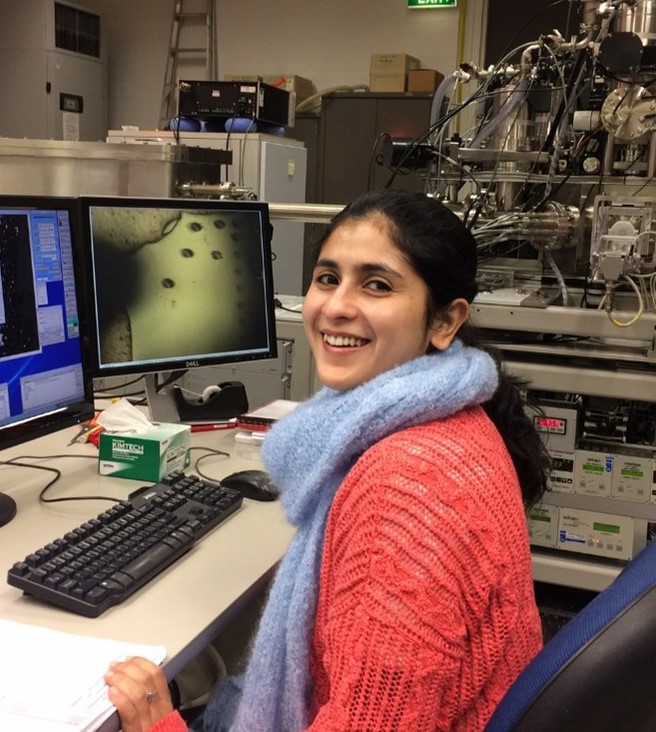
Dr Indrani Mukherjee is a lecturer in Earth Sciences at the University of New South Wales. She previously completed a postdoctoral fellowship in Earth Sciences at the University of Toronto. The transition of a simple cell into a complex one, billions of years ago, is the reason we share the planet with millions of species today. Indrani’s research focuses on “what drove that biological transition?” The approach involves a nuanced understanding of ancient marine environments, via novel and cutting-edge geochemical techniques. Her research questions key concepts and explores links between early Earth evolution, the origin of complex life and formation of precious mineral deposits.
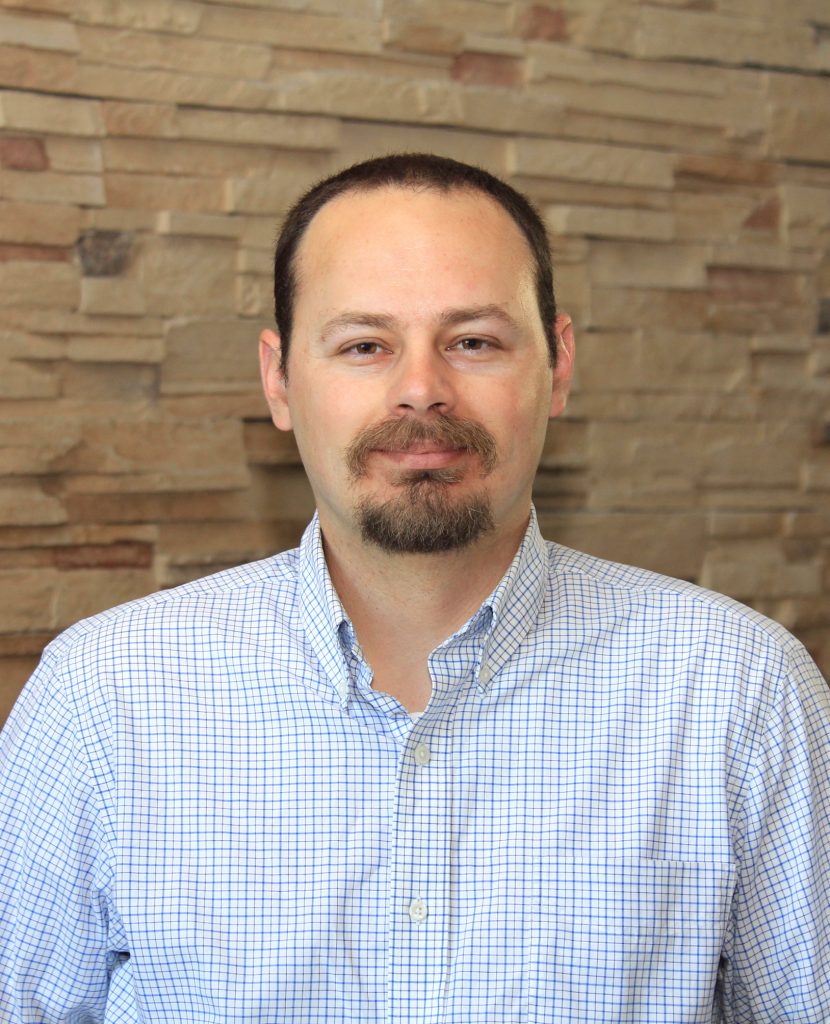
Dr Patrick Mercier-Langevin earned his Ph.D. degree in 2005 from the Institut National de la Recherche Scientifique – Centre Eau, Terre et Environnement in Quebec, Canada. He was Project Geologist at Agnico Eagle Mines Ltd. Exploration Division from 2004 to 2006 working on gold and VMS properties in the Abitibi greenstone belt. He joined the Geological Survey of Canada (GSC), Quebec division, in 2006 as a Research Scientist and gold and VMS metallogenist. Since then, Patrick studied numerous major gold and VMS deposits throughout Canada and abroad, with a particular focus on Archean and Proterozoic systems. He was Science Lead for the national Gold Project of Natural Resources Canada 2015-2020 Targeted Geoscience Initiative and led GSC’s TGI-6 Orogenic Ore Systems project development. He authored or co-authored over 50 scientific papers and 175 public reports. Patrick was awarded the SEG Brian J. Skinner Award in 2007 as co-author of the best paper published in Economic Geology, the Geological Association of Canada Mineral Deposits Division William Harvey Gross Medal in 2009, the SEG Waldemar Lindgren Award in 2011, and the Geological Association of Canada Mineral Deposits Division Duncan R. Derry Medal in 2022. Patrick has been SEG’s Vice-President for Regional Affairs (2018-2020), is member of SEG’s Publications Board and of the SGA Council.
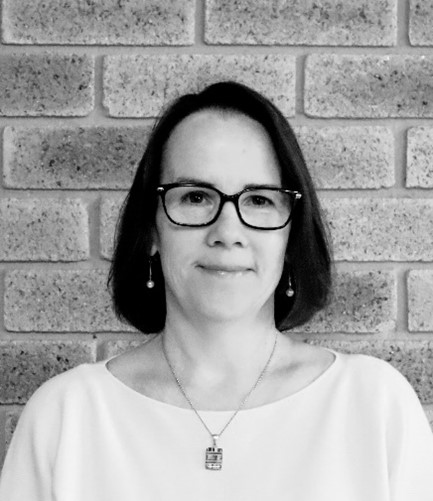
Dr Patti Durance has more than two decades of multidisciplinary geoscience experience specialising in the geochemistry of geological and mineral systems in a range of industry, government, and research roles. She received a BSc(Hons) and MSc in geochemistry from the University of Waterloo, Canada followed by a PhD in igneous petrology and geochemistry from Monash University, Australia studying the generation of primary magmas in subduction zones. Her work and research have focused on understanding mineral systems for precious and critical metals, magma generation processes, and water-rock interactions. Patti has worked on a diverse range of mineralizing systems from orogenic epithermal Au and Ag, iron ore, exogreisen W and Au, base and critical metals such as Ni-Cu-±PGE-Co, and energy transition metals Li and REE.
Patti is Chief Geologist at SensOre Ltd, a company focussing on optimising discovery and enhancing exploration performance through deployment of big data, AI / machine learning technologies and geoscience expertise. There, she is responsible for data cube research and technology development, target analytics, client services, portfolio growth and performance appraisals. Prior to this she was Principal Generative Geologist in BHP’s Metals Exploration for Australasia working on magmatic nickel and sediment-hosted copper.